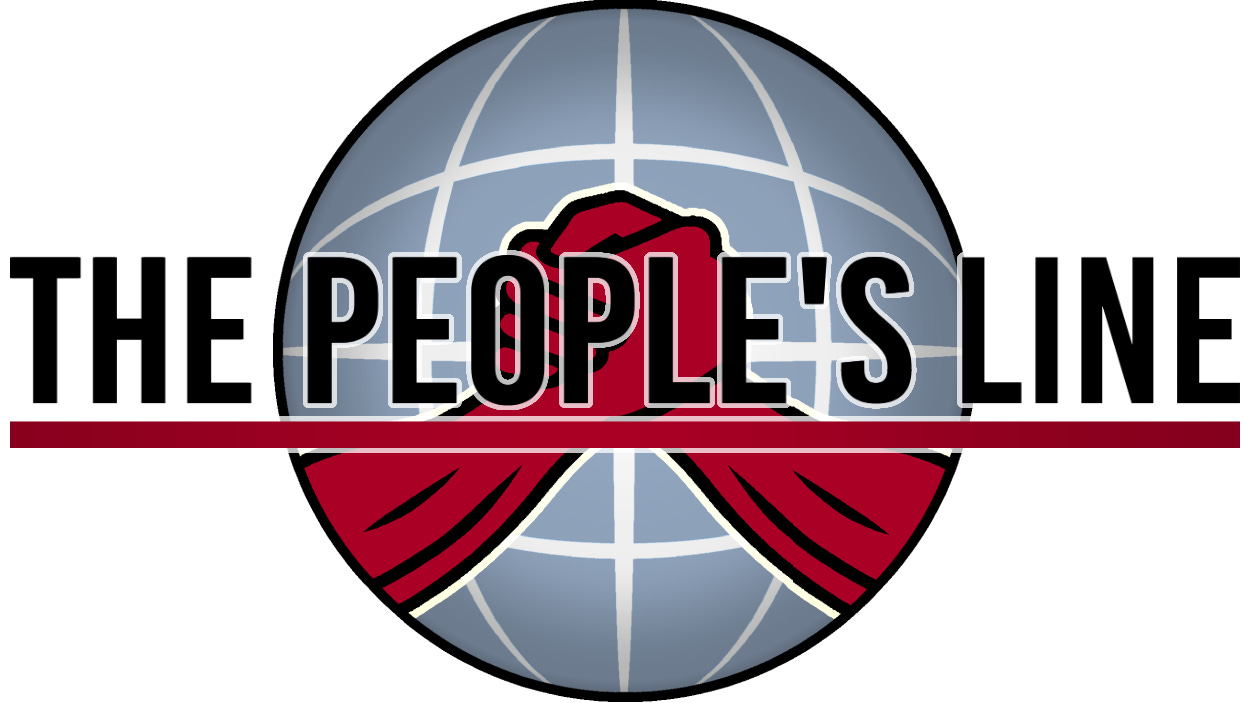How do material forces shape the discourse?
Part III of a multipart series on a Marxist theory of contemporary discourse.
This is the third of a multipart series covering the role of political economy in contemporary media. The first part is here. The second part is here.
We have discussed how brainwashing and propaganda both rely on neural rigidity – that is, on entrenching “grooves in the brain” that instantiate particular ideas and beliefs. Total immersion and extreme re…




